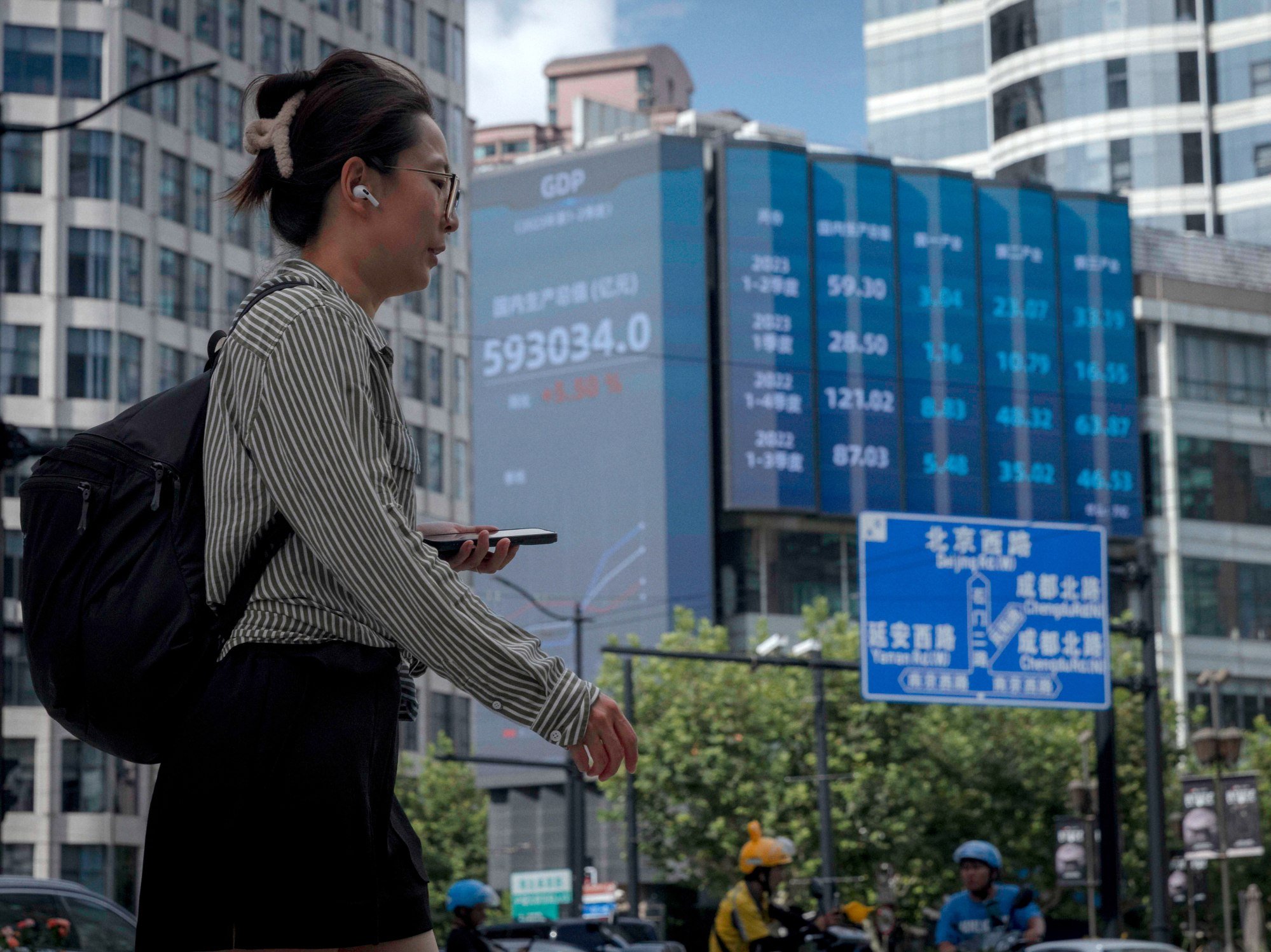
China’s domestic investors warn of bigger sell-off unless stimulus rolled as post-Politburo meet euphoria fades
- China’s Politburo meeting in July triggered hopes stock market incentives could be launched to stimulate trading volumes
- Hopes have faded for a cut in stamp duty on stocks and reintroduction of a trading mechanism that would allow buying and selling of stocks on the same day
Euphoria over a pledge by China’s top policymakers to boost its capital markets and lift investor confidence has begun to fade as traders fret over the lack of any meaningful measures and warn of a bigger sell-off unless talk translates into action.
Clearly this was not enough to placate investors. A gauge of the mainland-traded brokerages, deemed as a key beneficiary of capital-market reforms, is displaying signs of positions being unwound. An index compiled by data provider Shanghai DZH, which tracks 54 listed brokerages including the industry’s biggest players like Citic Securities and China International Capital, has fallen 2 per cent from an August peak.
“Such gestures from the regulators to talk up the market used to work [in the past], as it was a relatively small market,” said Dai Ming, a fund manager at Huichen Asset Management in Shanghai. “Now that the size of the stock market is about 80 per cent of China’s economy, such verbal actions will no longer have a material impact now. We need to see something concrete and substantial.”

China has the world’s second-largest stock market, with its combined value jumping 25 fold over the past two decades to US$9.9 trillion. But the benchmark stock gauge has remained little changed this year, trailing other major markets in Asia such as Japan and South Korea, as growth lost momentum in the post-Covid era and as the government’s stimulus measures fell short of expectations.
Regulators have so far ignored investors’ demands for reinstating the so-called T+0 trading system that would allow buying and selling on the same day, and for lowering the stamp duty, which makes up a bulk of trading costs.
China’s stock markets had a T+0 settlement system in the early days but it was replaced in 1992 by the T+1 arrangement, under which investors can only sell stocks that they buy on the following day. While this was put in place to curb speculative trading, it has drawn criticism from investors who want to move quickly to capitalise on price-sensitive developments. Other international markets like Hong Kong have no such trading restrictions.
Thus far, the Shanghai and Shenzhen exchanges have remained silent on any plan to remove the barriers. Last week, the two bourses said that they were considering allowing investors to bid for a minimum of one share instead of the current floor of 100 shares – a move aimed at allowing greater participation by individual investors. They have not indicated a timetable for implementing such a plan.
Investors have called for a cut in the stamp duty for stock transactions in the hope that such a move will spur a relief rally. When the levy was last cut from 0.3 per cent to 0.1 per cent on April 24, 2008 to boost investor confidence during the global financial crisis, the CSI 300 Index posted a single day gain of 9.3 per cent. The gauge also surged by the same margin on September 19 that year, when the government scrapped the tax on buying stocks.
Pressure on the government’s fiscal revenues, already hammered by falling land sales and a languishing stock market, could restrain policymakers from offering such tax breaks. In the first half of this year, stamp duty revenues generated from stock transactions dropped by 31 per cent from a year earlier to 110.8 billion yuan (US$15.2 billion), according to the official data.
“If no more forceful measures are taken, the market will probably breach some important technical levels that will trigger more accelerated sell-offs,” said Dai at Huichen Asset. “That will evolve into a bigger problem.”

